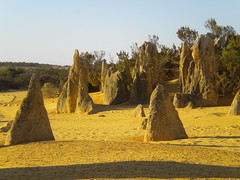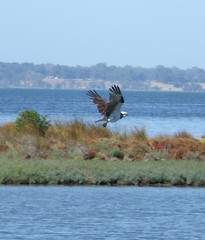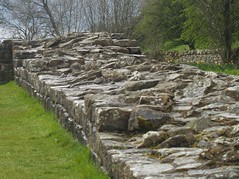On Monday I was invited to a meeting of a working group convened in order to send a coherent info lit based response to the Vitae consultation document on the Researcher Development Framework. I’ve already blogged about this, but it’s worth repeating.
The proposed framework has been created as “a tool for planning, promoting and supporting the personal, professional and career development of researchers in higher education. It describes the knowledge, skills, behaviours and personal qualities of researchers and encourages researchers to aspire to excellence through achieving higher levels of development”. It incorporates and extends the old Joint Skills Statement (JSS) into a framework which has different phases of development as well as different attributes. Interestingly for me, the consultation document describes five types of researcher, similar to the 7 Ages model I wrote about last year.
Our working group has representation from JISC, SCONUL WGIL, CILIP CSG, RIN, HEA, JISC, DCC, Vitae, BAILER, RLUK and UKCGE, so a fairly wide range of interests. I was just there as myself!
In our discussions, we did highlight some areas of the framework which we feel need rewording and/or reorganising to bring out the IL elements more clearly and I think there also too much emphasis still on the skills and competencies involved in becoming information literate. It is possible however, to draw an IL thread through the framework and it does have an underlying premise of developing behaviours and personal qualities which chimes well with my personal definition of IL as being an attitude or habit of learning, rather than just a set of skills. I think that if we can blend this approach into our response it will be a big step forward for IL development.
Consultation responses can come from individuals and groups until 11th Dec – a great opportunity to get IL firmly embedded into the development of researchers in HE.

Ostia Antica, Italy 09
http://www.vitae.ac.uk/po…nsultation.html















